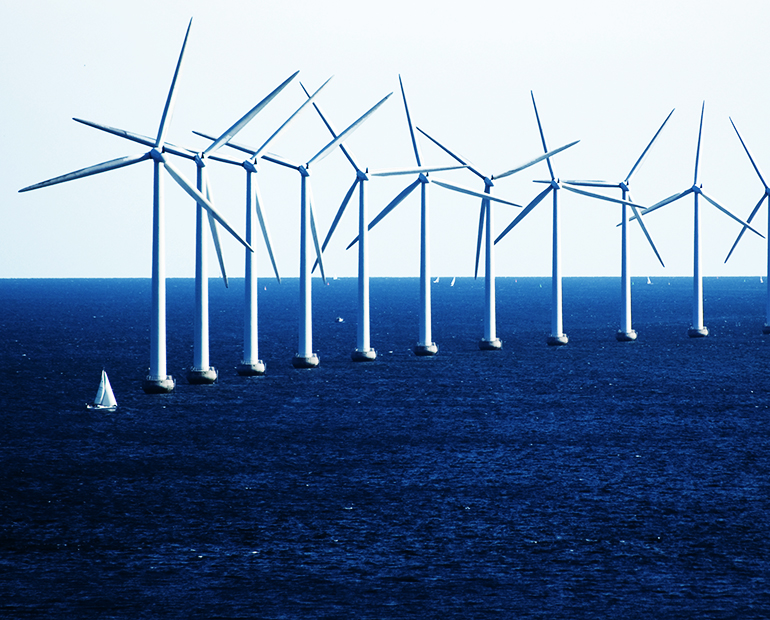Glory be, the International Energy Agency has declared that climate change is nearly solved – and it won’t require us all returning to medieval lifestyles or overthrowing globalised industrial capitalism, as Greta and Extinction Rebellion seem to think. Nor is there any need for a so-called ‘Green New Deal’ or any other grand plan for our economy.
Indeed, the message from the IEA’s latest report is that the way to combat climate change is to carry on researching, refining and building on the renewables we already have. There are three crucial issues when it comes to the energy of the future – how much does it cost, how much of it is there, and the usual problem with renewables, intermittency.
For example, it’s entirely true that certain forms of biogas are entirely sensible to produce on costs grounds. But there’s not enough of it around to make any more than the most marginal difference. Solar’s all very fun but what happens at night in the absence of decent battery technology?
The IEA tells us that offshore wind meets the requirements. They estimate global electricity production costs in 2018 at $100 per MW which is rather more than coal-fired power, on the face of it, but actually rather less when the cost of carbon emissions is taken into account. The agency also seem to be indicating that by 2040 the global cost will have fallen as low as $45 per MW – so that’s the cost element accounted for.
But what about the other issues? Well, there’s enough offshore wind in places we can stick a turbine to power civilisation several times over, meaning spare power to do more than just provide electricity – perhaps extract hydrogen, for example, to power those things we can’t do with electricity alone. This also rather neatly solves the intermittency problem, since such a volume of production would mean sufficient geographic spread to never all be becalmed at the same time.
If all of this is true, then we’ve solved climate change. All we’ve got to do is build more windmills, plonk them out at sea and we’re done (those IPCC models really do insist that stopping fossil fuel use is enough) – no need for everyone to turn vegan, no need for those grand plans to reorganise society, they’re not necessary. If we can power industrial civilisation without fossil fuels then man-made climate change becomes something that stops happening.
Now, as it happens I don’t believe a word of what the IEA is telling us. I’ve not yet even been convinced that an offshore turbine repays its own energy cost in time before the salt water rots it away, but I’m entirely willing to accept that I might be wrong about that.
What is interesting though is the response of those who do believe this. Shouldn’t they be shouting from the rooftops, announcing to the world that we have indeed solved our existential problem? Because you may have noticed, so far they have not done anything of the sort. We still get told in apocalyptic tones that we’ve got to change everything because nothing has so far been done. But according to the International Energy Agency, we’ve already gone and invented the solution, those offshore turbines.
This is an illustration of a larger logical problem. Those who announce, loudly, that renewables are the solution are also the ones who insist that we’ve not solved anything. But it’s not possible both for us to have found the answer and yet still not have solved anything.
The IEA insists that we’ve got that technological answer to climate change: offshore wind. It works on price grounds, in terms of volume, and in terms of intermittency (so long as sufficient volumes are actually produced). As I say, I’m not sure I believe them, but it is an inescapable byproduct of accepting those assertions that we have in fact solved that underlying problem of climate change.
So, why is it that so many people will only believe half the point? Why is it that so many insist that we do have the answer and yet we don’t? It couldn’t be that some are using climate change as an excuse to gain that planned and miserablist society, could it?
Click here to subscribe to our daily briefing – the best pieces from CapX and across the web.
CapX depends on the generosity of its readers. If you value what we do, please consider making a donation.


